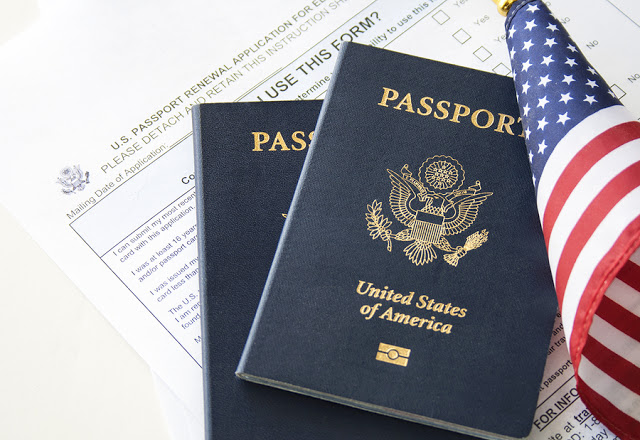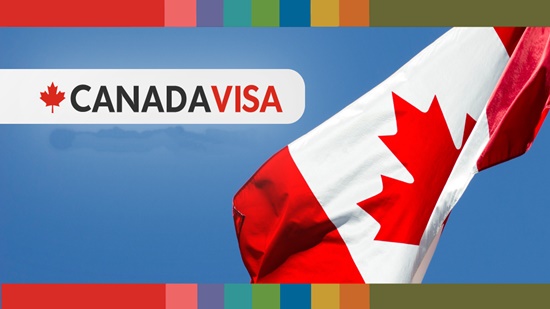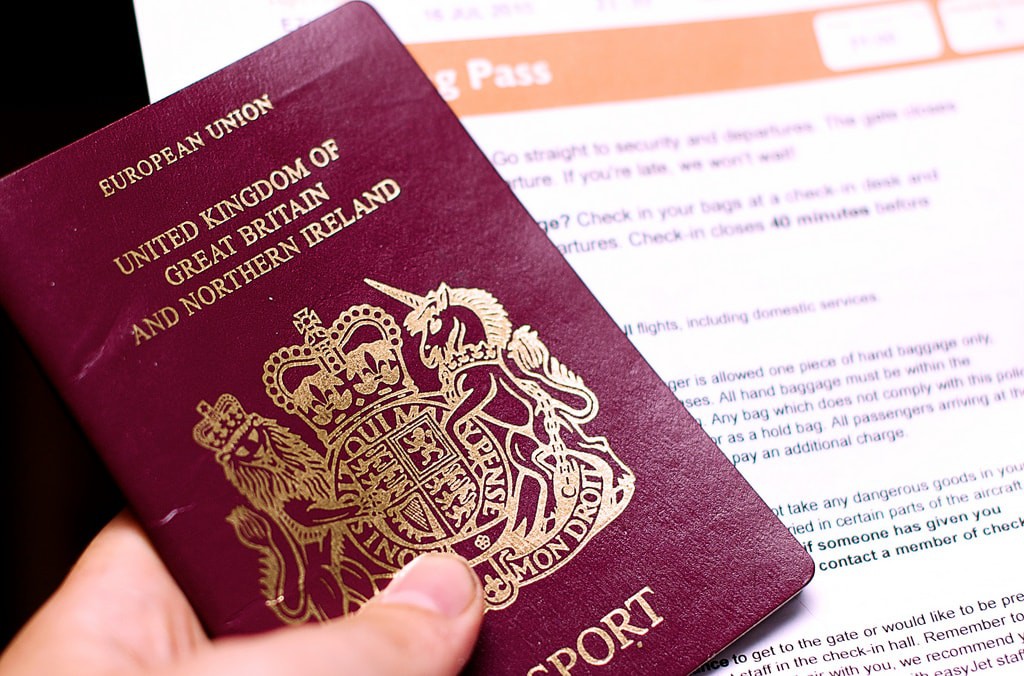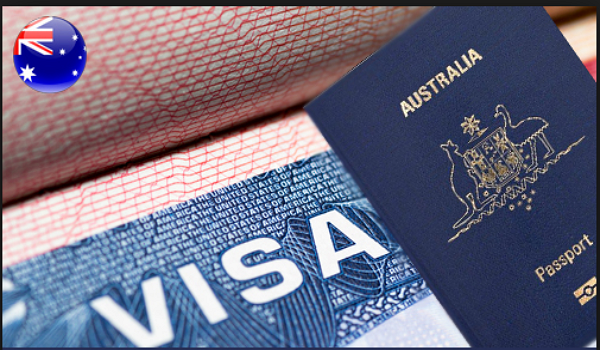How to Immigrate to Canada from Nigeria
Are you a Nigerian resident with aspirations of starting a new chapter of your life in Canada? This comprehensive guide is tailored to help individuals like you navigate the immigration process smoothly and successfully.
From understanding the different immigration programs to gathering the necessary documentation, we will guide you through each step.
Get ready to embark on your journey to immigrate to Canada from Nigeria.
1. Research Canadian Immigration Programs
Before starting the immigration process, it’s important to familiarize yourself with the various Canadian immigration programs available to Nigerian residents. Explore pathways such as Express Entry, Provincial Nominee Programs (PNPs), family sponsorship, and study permits. Understand the eligibility criteria, requirements, and specific processes associated with each program.
2. Express Entry System
The Express Entry system is a popular pathway for skilled workers to obtain permanent residency in Canada. Learn about the eligibility requirements, including language proficiency (English or French), educational qualifications, work experience, and adaptability factors. Discover how to create an Express Entry profile, calculate your Comprehensive Ranking System (CRS) score, and increase your chances of receiving an Invitation to Apply (ITA).
3. Provincial Nominee Programs (PNPs)
Provincial Nominee Programs offer additional opportunities for Nigerian residents to immigrate to Canada. Research PNPs offered by different Canadian provinces and territories, such as Ontario, Alberta, or British Columbia, and explore the eligibility requirements, application processes, and nomination streams available. PNPs can provide an accelerated pathway to permanent residency.
4. Study Permits and Education Pathway
Consider pursuing your education in Canada as a pathway to permanent residency. Research Canadian educational institutions, courses, and programs that align with your career goals. Learn about the process of obtaining a study permit, choosing the right program, and exploring post-graduation work opportunities that can lead to permanent residency.
5. Family Sponsorship
If you have close family members who are Canadian citizens or permanent residents, they may be able to sponsor your immigration to Canada. Explore the family sponsorship programs available, including spousal sponsorship, parent and grandparent sponsorship, and dependent children sponsorship. Understand the eligibility criteria, application process, and requirements for successful family sponsorship.
6. Gather Required Documentation
To ensure a smooth immigration process, gather all the necessary documents required for your chosen immigration program. This may include educational certificates, language test results (such as IELTS or CELPIP), work experience letters, police clearance certificates, and proof of financial support. Pay attention to specific document requirements and ensure all documents are valid and up-to-date.
FAQs (Frequently Asked Questions)
Q1. What is the minimum language proficiency requirement for Canadian immigration from Nigeria?
A1. For most Canadian immigration programs, you will need to demonstrate proficiency in either English or French. Accepted language tests include the IELTS (International English Language Testing System) or the CELPIP (Canadian English Language Proficiency Index Program) for English, and the TEF (Test d’évaluation de français) for French.
Q2. Can I apply for permanent residency in Canada without a job offer?
A2. While having a job offer can enhance your chances of obtaining permanent residency, it is not always a requirement. Programs such as Express Entry assess factors such as education, work experience, language proficiency, and adaptability. However, having a job offer can provide additional points and increase your chances of success.



